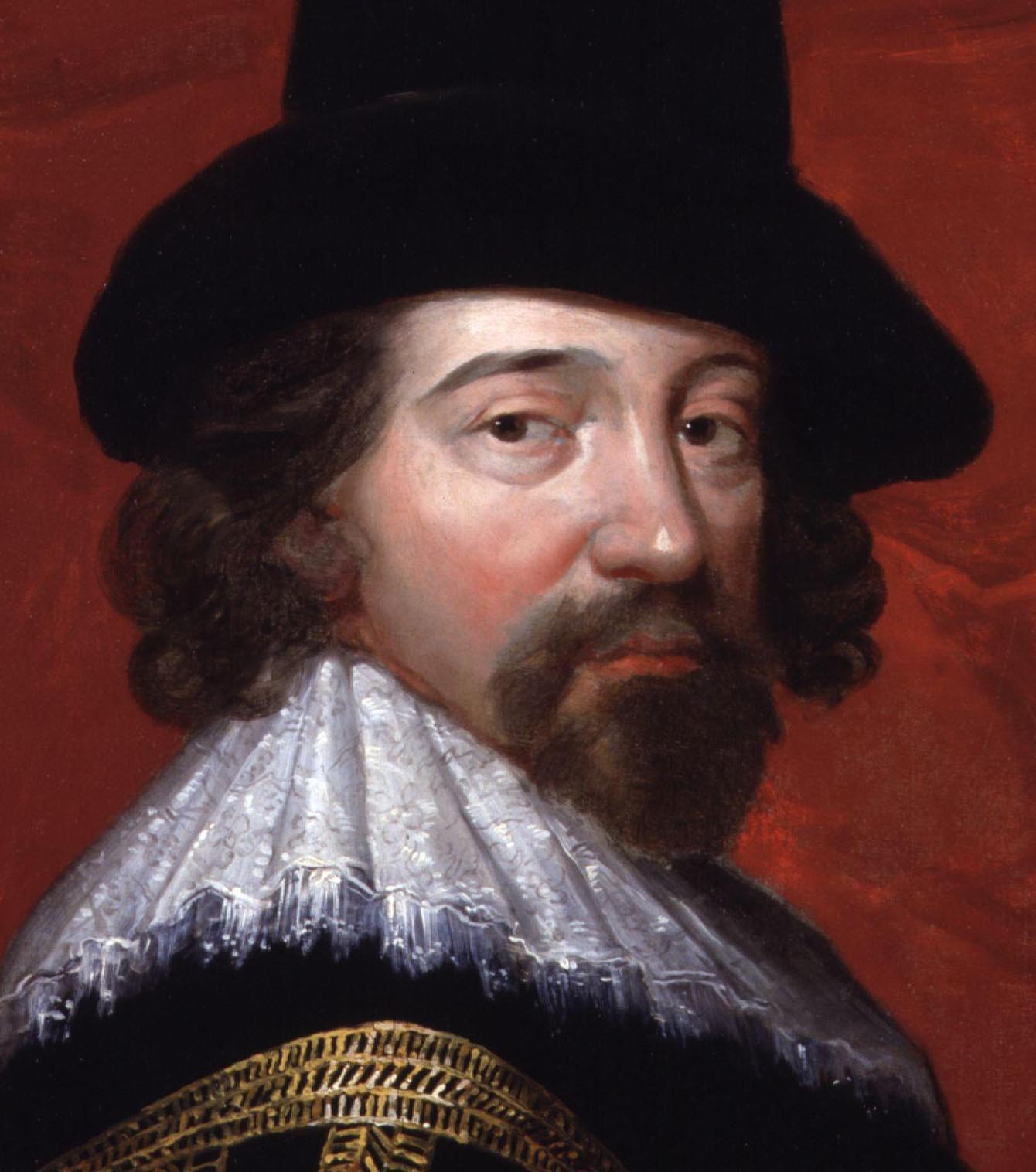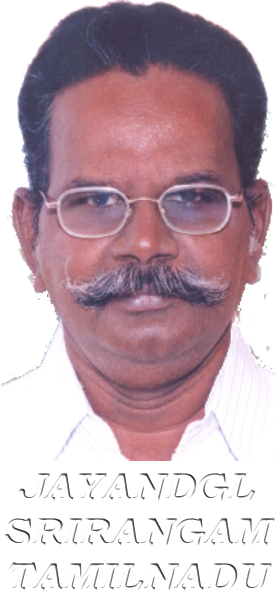293.WHAT IS SCIENCE?
Man has always looked for some way to explain life and what happened in the world about him. In primitive times, this was done by creating myths in which nature was controlled by spirits.
The first people who tried to think about the forces of nature not as the acts of spirits but simply as forces were the ancient Greeks. But they tried to discover truth by observation and reasoning alone, without making experiments. So they made many errors and accepted many theories that explained most of the facts, but not all.
In the thirteenth century, Roger Bacon began to use experiments rather than reasoning alone to test his theories, and almost 400 years later Sir Francis Bacon’s book Novum Organum (The New Method) laid down the principles of the modern scientific method.
What makes a body of knowledge a science is the use of scientific method. Unlike earlier methods of thinking, it insists on careful measurements and careful experiments. Not all fields of knowledge can use the same working methods. A chemist can experiment with substances and forces in his laboratory. An astronomer cannot experiment with the heavenly bodies. But they both use the scientific method.
The first thing a scientist does when tackling a problem is to set down what is known and try to determine new facts. A scientist may form a working theory, or hypothesis, that explains certain results. He then measures, tests, or experiments to learn whether the hypothesis works out. If it does, it becomes a tested theory. Or he may wait until his work is almost finished before he forms a theory. But a theory is not considered proved until it seems clear that no other theory can explain the known facts as well.
Science never considers anything as proved for all time. A theory or law is considered true as long as it explains all the known facts. But science knows that new facts can be discovered which may require a change in the theory.



Leave a Reply